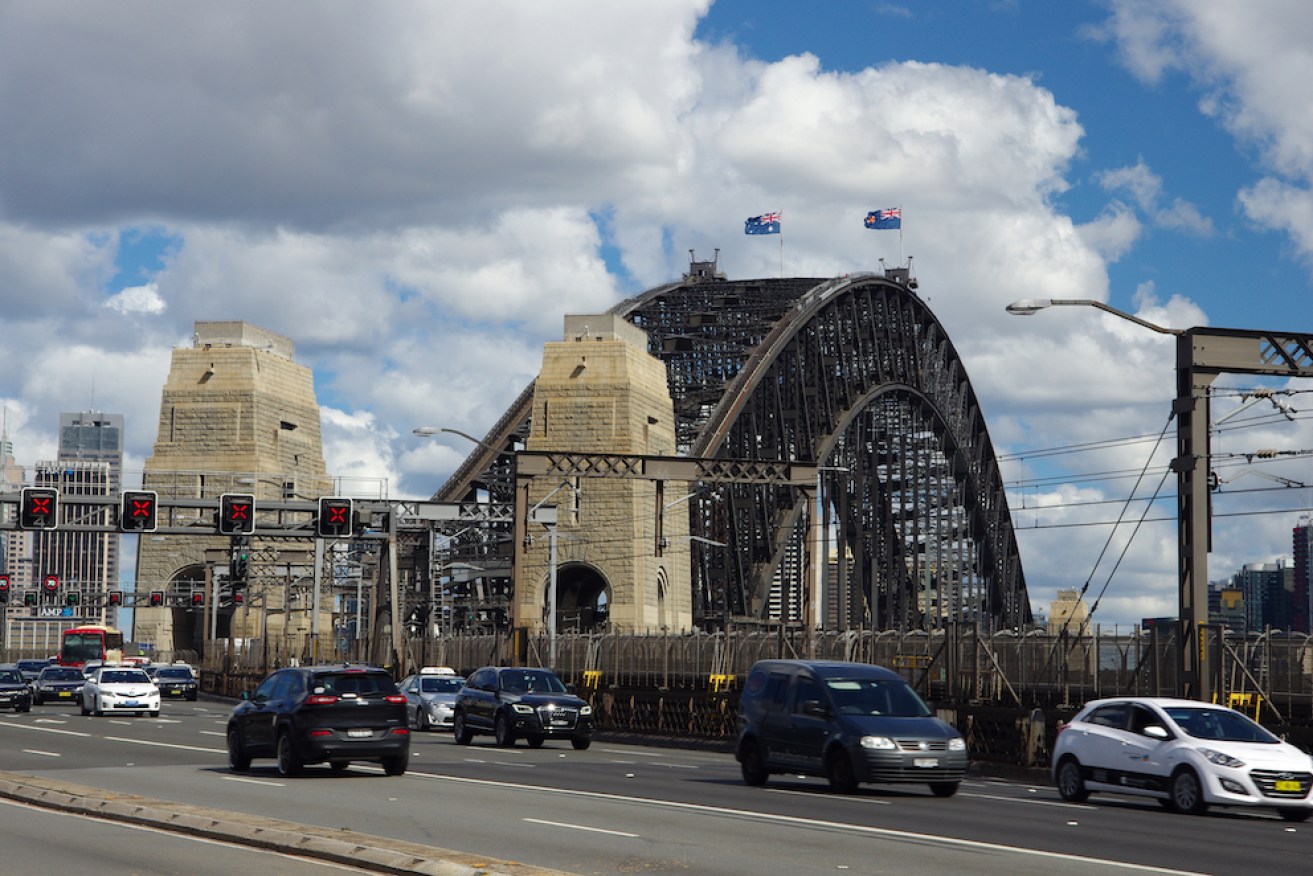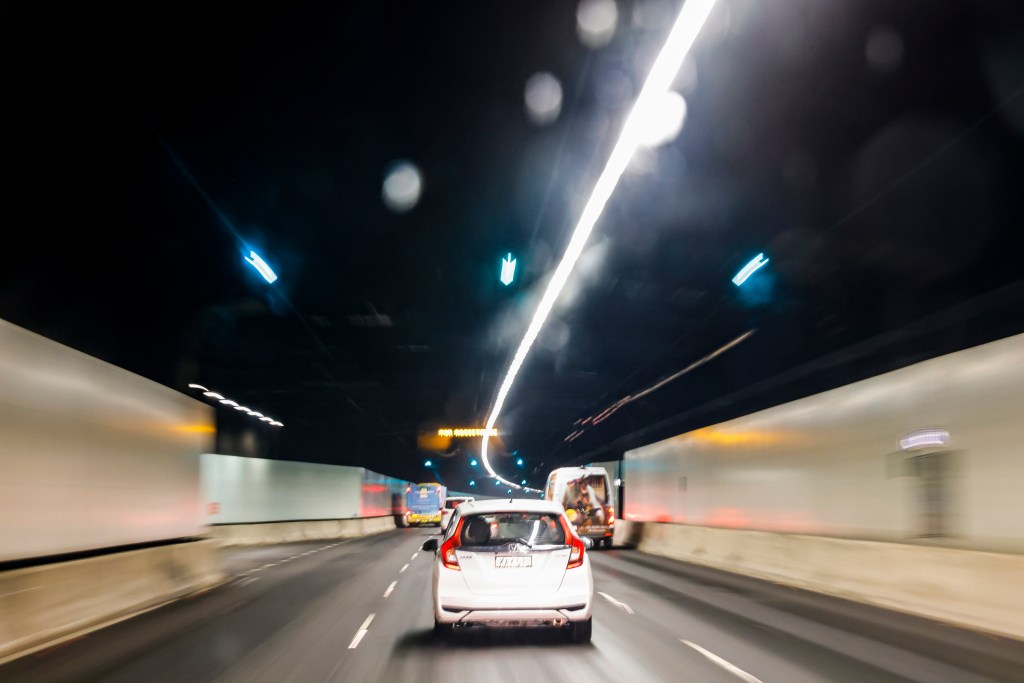Sydney needs toll reform, but will affordability lead to more congestion?


Sydney's roads need a toll overhaul, a new report has revealed. Photo: Getty
Sydney has been declared the world’s most tolled city, with experts saying the biggest issue it is facing is if its vast network of toll roads is minimising congestion and being paid for fairly.
It comes as an independent review on Monday signalled a need for a complete overhaul of the toll system in New South Wales.
The NSW Independent Toll Review was led by former competition watchdog chief Professor Allan Fels and economist David Cousins, and outlines how the city’s network of 13 tollways should be restructured.
“The toll burden is hitting families who can least afford it most, particularly parts of western Sydney that have fewer public transport alternatives to getting in the car and paying tolls,” NSW Premier Chris Minns said.
“This isn’t fair. It’s putting a huge burden on Sydneysiders trying get to work, drop their kids at school and go about their lives.”
The interim report was released on Monday and the full report is expected to be released later in 2024.
Tweet from @ChrisMinnsMP
What did the report find?
The interim report found the state’s toll network is a “poorly functioning patchwork of numerous different price structures”.
It also revealed that over the next three and a half decades, the current system will cost motorists $195 billion in nominal terms with Western Sydney hit “hardest”.
Fels and Cousins flagged concerns that the privatised toll road networks are “neither simple nor fair” and the price of tolls are “too high”.
The two found many agreements signed between the early 1990s and 2021 had little room for change.
Pricing structures were virtually set in concrete, with changes in demand or technology over time not easily corrected.
Tolls were often priced mainly based on the perceived need to cover the operator’s costs rather than the need to manage traffic on the road network.
Under the Fels-Cousins restructure, a unified price structure with some subsidies would reduce prices for 44 per cent of drivers and leave it unchanged for another 30 per cent.
But there would be an end to “anomalous” one-way tolling benefiting some of those using the Sydney Harbour Bridge, Harbour Tunnel and Eastern Distributor.

Sydney’s roads need to be more accessible, the report found.
Report recommendations
- A unified price structure, that is charged on a declining distance-based method, to benefit people needing to travel longer distances
- Creating a state-owned entity that would set toll prices and improve competition
- Bring about legislative changes so toll prices can be set independently of individual contracts
- Have the Independent Pricing and Regulatory Tribunal (IPART) oversee toll price setting.
Dr Taha Rashidi, a Professor in Transport Engineering at UNSW, told TND there are some positive aspects of the interim report such as making tolls fairer and making the network more affordable.
However, the report and the suggested reforms bring about more questions than answers for Rashidi.
The reason why people pay so much in tolls is mainly due to congestion, or minimising congestion, he said.
“As transport engineers we use toll systems or congestion pricing. So that is a mechanism that is used to address congestion in different parts of the network,” he said.
“Whether the toll system of Sydney is serving that purpose or not, that’s another question.”
The biggest issue Rashidi has with the current tolling system is whether it is actually helping minimise congestion and if it is being distributed in a way that is fair for all.
Although accessibility is inherently a good thing, making toll roads more affordable might lead to problems down the track.
If more people decide to drive instead of catching public transport, then the roads will naturally become more congested, Rashidi said.
With more roads being more accessible, people may relocate to those areas.
In time, he said, those areas will become more expensive, because increasing accessibility increases the land value, which is great for those who can afford to buy but not so much for renters. And as a result of more people moving to such an area, the roads will just become congested.
Overall, Rashidi believes making all modes of transport accessible to all, and opportunities accessible to all, rather than making tolls more affordable to some.








